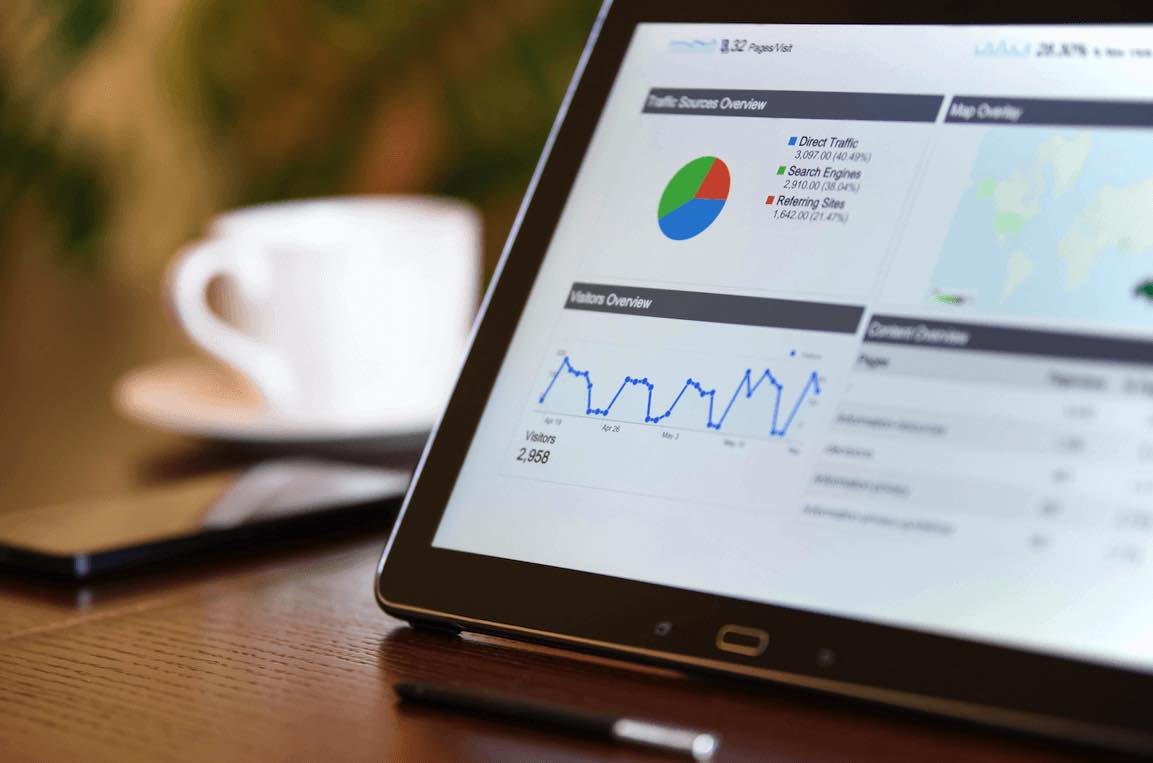If you have not migrated your universal properties to GA4, it is essential to do so as soon as possible. Google has announced that from July 1, 2023 your Universal Google Analytics properties will stop collecting data.
The new migration will ensure a smooth transition to Google Analytics 4, and ensure that any new data from July 1 continues to be tracked and stored correctly.

This blog will guide you through the migration process; highlighting the benefits, key differences, and essential steps to ensure a smooth transition.
Understanding the differences:
Google Analytics 4 offers several enhancements over the existing ‘Universal Analytics’.
It promises to leverage machine learning, provide a more comprehensive user-centric approach, and introduce new features like cross-device tracking, event-based data modelling, and enhanced reporting capabilities.
Familiarising yourself with these differences can help your business understand the advantages that GA4 can bring to your analytics strategy.
Setting Up Google Analytics 4:
You are not able to import your data from your previous properties (Universal properties). Therefore, it is essential that you create your new property as soon as possible, so you can start collecting data on this new property.
After you create your GA4 property, you need to add the tracking code to your site. There are many ways to do this, such as plugins or adding the code manually to every page of your site, but we recommend using Google Tag Manager.
Mapping Data and Configuring GA4:
As mentioned before, you cannot import data from your previous property, so you will need to create new goals, audiences, events, and everything else that is important to your business strategy.
Take a look at your existing Universal Property and replicate your current tracking (so you don’t have to start from scratch!)
Implementing Event Tracking in GA4:
One of the key changes in GA4 is the shift from a pageview-centric model to an event-based data model.
Update your tracking code to send events to GA4, capturing user interactions such as clicks, form submissions, video views, and more.
Align your event tracking with your specific analytics goals to track and measure user engagement effectively.
We recommend using Google Tag Manager to create and track your events, whether it is a purchase, a lead form submission or tracking visits to a specific page.
Turn your most important events into conversions:
After creating your events, you can easily select and set the most important events as conversions.
Keep in mind that you can have up to 30 conversions per property, so do not select all your events as conversions.
Analysing and Reporting in GA4:
Explore the new reporting capabilities of GA4, including enhanced data visualisation, improved funnel analysis, and advanced audience segmentation.
Familiarise yourself with the GA4 interface and available reports to gain actionable insights into your website’s performance and user behaviour.
Retaining Access to Universal Analytics:
Finally, while transitioning to GA4, keeping your Universal Analytics property active for some time is advisable to ensure a seamless transition and avoid any data loss.
This allows you to compare data between the two systems and gradually shift your reporting and analysis to GA4.
Want some help completing this upgrade?
Contact us if you are interested in our GA4 migration service

